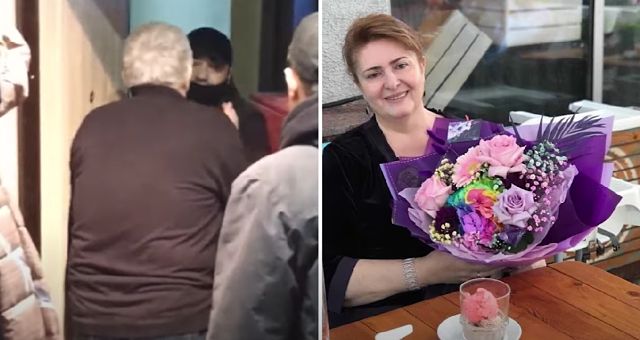The abduction of the mother of a Chechen opposition blogger and the wife of a retired Russian judge in Nizhny Novgorod by the security forces of the “Chechen Republic of the Russian Federation” and their subsequent transfer to Chechnya became one of the most remarkable stories in Russian public life this week. The common theme in commentary on this issue has been the observation that in Putin’s Russia not only the law, but also the state, is absent. This is the case when the authorities of one region can do whatever they want to their opponents not only in that region, but also in other regions, in violation of the legal procedure that requires them to cooperate with federal or regional structures.
So, in this case, if the formal reason for Zarema Musayeva’s arrest was a criminal case initiated against her in Chechnya, then, since the “Chechen Republic” is part of the “Russian Federation,” just like the Nizhny Novgorod region, the Chechen security forces should have contacted the central leadership of the Ministry of Interior or the Investigative Committee of Russia to take appropriate action on their territory.
Well, one cannot argue with this observation. However, it must be understood that all this did not start now. Even if we leave aside the criminal violation of the sovereignty of other countries by the Russian authorities and the illegal armed formations working for them and consider only the violation of Russia’s sovereignty over its citizens on its territory, this has been going on for a long time.
The deportation of a journalist from Russia to Belarus by the employees of the special services last year was for many the first sign of this kind. However, we would like to remind you of numerous cases of illegal deportation from Russia to Central Asia of opponents of the Central Asian authorities, including Russian citizens. It seems that the Russian special services, judging by the lack of official reaction from the Russian side, were aware of this and gave their colleagues the sanction to violate Russia’s sovereignty and legislation. According to the latter, a foreign citizen can be removed from the Russian territory only by the Russian authorities through the extradition procedure at the request of foreign authorities, and Russian citizens are not subject to extradition.
In other words, what has been happening on the international level for a long time and has been ignored by the progressive public because it concerns groups that are not interesting to them, has become a reality in the internal life of Russia. And the worst thing is that false conclusions are being drawn from this, in particular the idea that “order must be restored in Chechnya” and not in Russia itself.
First of all, many Russians still cannot admit this to themselves. Although it is obvious that if there were a functioning rule of law in Russia, both federal and regional authorities, for example in the Nizhny Novgorod region, no security forces from any region would allow themselves such actions, just as foreign special services would not allow themselves on Russian territory. In order to put an end to all this, it is necessary to eliminate the main gang, which covers all others on the territory of the “Russian Federation” (and not only), and to establish a real, not simulated state of law.
As for the question of what would happen to such a state after that, it should be remembered that the roots of the main gang that currently controls Russia go back to the Chechen war, which was declared as the “establishment of constitutional order”, but in reality was a massacre accompanied by the creation of death squads and concentration camps. And if anyone dreams of “restoring constitutional order” again, they must understand that the results will be the same.
Therefore, it will certainly be necessary to “restore order in Chechnya”, but it should be done not by Russia, whose people should first establish order on its main territory, but by the Chechen people themselves, on whom Russia should stop imposing any authority. And if the Russians do not like the results of the Chechens establishing order in their region, they can create a barrier between themselves and that region or those regions whose orders contradict each other. And then sit down for negotiations and decide how to live together or separately.

